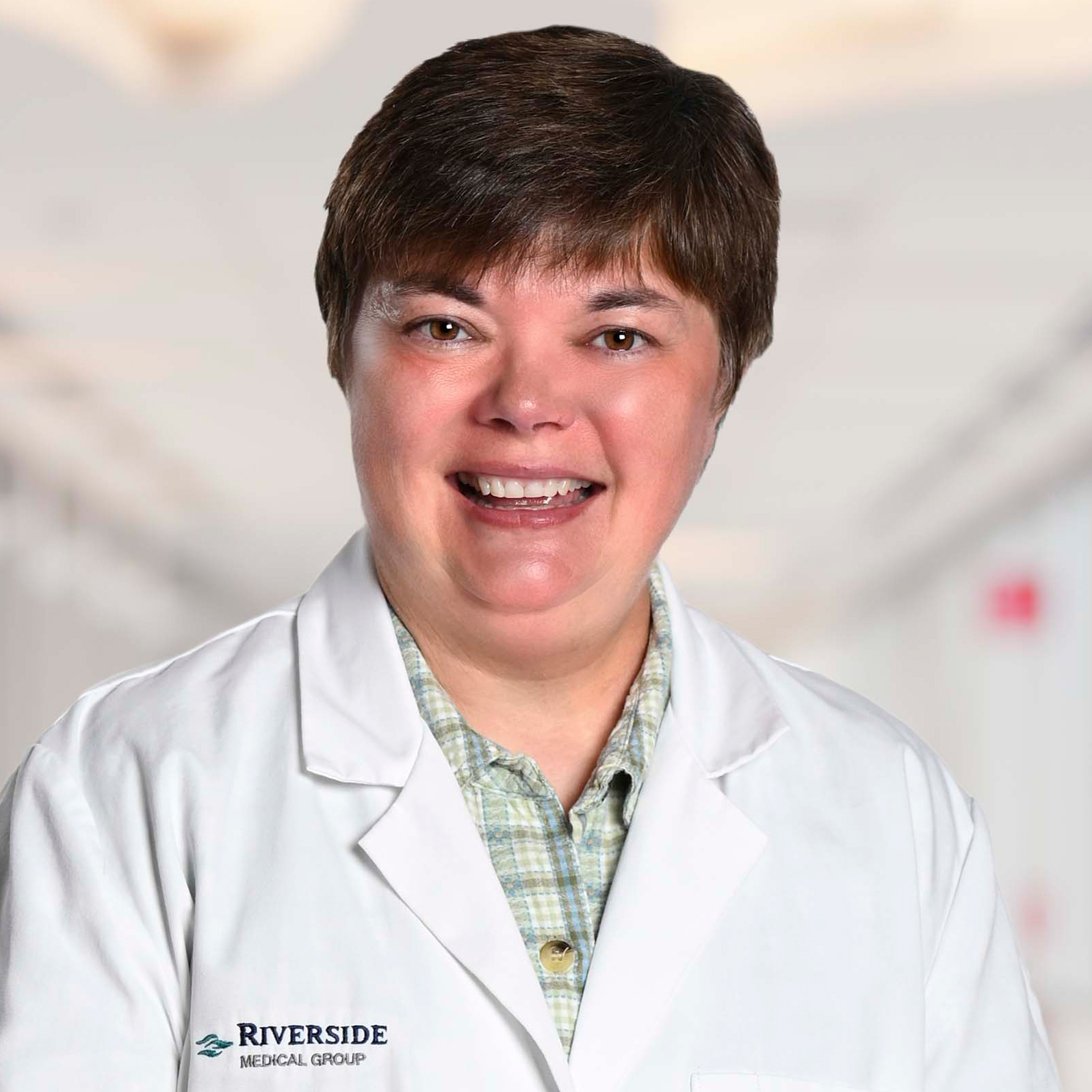Cervical Cancer 101: Expert Tips from a Cancer Specialist
March 17, 2025
Tags: Cervical Cancer, Oncology
Cervical cancer is one of the most preventable and treatable forms of cancer when detected early, yet it remains a significant health concern for women worldwide. Understanding the basics of cervical cancer, including its causes, risk factors, and prevention strategies, is crucial for improved outcomes.
Here, Dr. Cassandra Lacher, oncologist and hematologist at the Riverside Cancer Institute, breaks down the key facts about cervical cancer, helping you stay informed and proactive about your health.
How Does Cervical Cancer Develop?
Cervical cancer begins in the cells of the cervix—the lower part of the uterus that connects to the vagina—and is most commonly caused by persistent infection with high-risk strains of the human papillomavirus (HPV). HPV has multiple types, with subtypes 16 and 18 responsible for about 70% of cervical cancer cases worldwide. In addition to cervical cancer, HPV is linked to anal, penile, head and neck cancers, as well as genital warts.
“One of the things with HPV is that we all get exposed to it when we're sexually active. Almost everybody has been exposed or has contracted an HPV infection in their lives,” states Dr. Lacher. “Usually, our immune system does the effort of controlling the infection and clearing the virus over time. But, if that doesn't happen, then the HPV virus can cause changes to the function and structure of the cervical cells, which may ultimately develop into cancer.”
Importance of the HPV Vaccine
The HPV vaccine, Gardasil, effectively prevents HPV infections and is most protective when given before sexual activity begins. The CDC recommends vaccination for boys and girls at ages 11–12, though it can be given as early as age nine.
It is also now approved for individuals up to age 45 based on discussions with their doctor. The vaccine is administered in two doses for most children and three doses for those 15 and older.
Additional Risk Factors for HPV
Beyond HPV, several factors can increase the risk of cervical cancer. Smoking and second-hand smoke exposure are known contributors, as is immunosuppression due to conditions like HIV, organ transplants, or autoimmune diseases requiring immunosuppressive medication. The use of oral contraceptives and having multiple children also appear to elevate risk, though the exact reasons remain unclear.
Obesity can complicate cervical cancer screening by making it harder to obtain accurate Pap smear samples, potentially leading to missed precancerous lesions. Additionally, a drug called DES, given to pregnant women in the mid-1900s to prevent miscarriage, has been linked to a higher risk of certain cervical cancers in their children.
Why Solid Relationships with Your Healthcare Provider Are So Valuable
Accessing medical care can be challenging, especially for economically disadvantaged communities, increasing their risk due to limited access to preventive care. Establishing care with a primary doctor for screenings, including cervical cancer screening, is essential.
“Our job as physicians and caretakers is to make sure we're creating an environment where patients feel safe to come to our offices and talk about things that might be concerning them, like new pelvic pain or pain with intercourse or bleeding in between periods, which can sometimes feel awkward to talk about with somebody you don't have a good relationship with,” shares Dr. Lacher. “I think that's a big part of what we can do as caretakers and physicians, to make sure we're providing an environment where patients can bring the awkward and uncomfortable concerns to us so we can identify those problems early.”
Reliable resources like the American Cancer Society and the National Cancer Institute provide accurate information on prevention, treatment, and screening. Dr. Lacher urges that it's important to avoid misinformation from unreliable sources, such as social media, and rely on trusted medical websites instead.
Click here for more information on Riverside Cancer Institute or go to myrhc.net/cancer.


